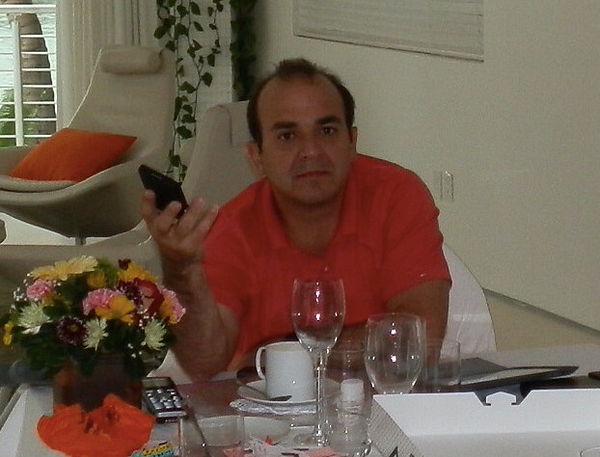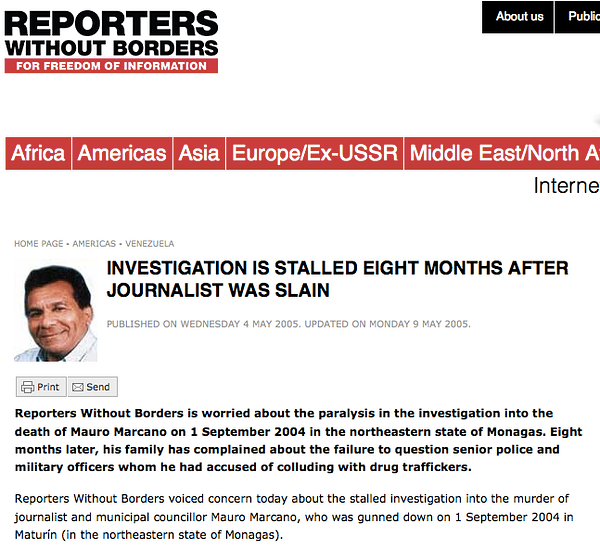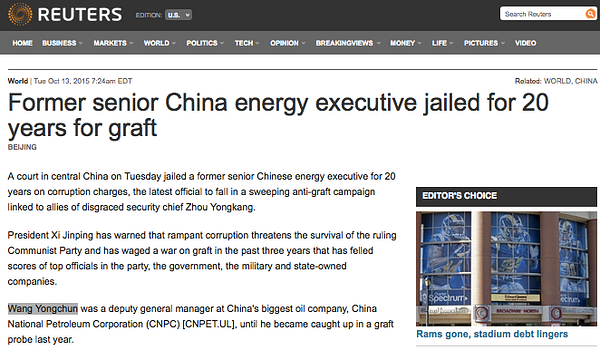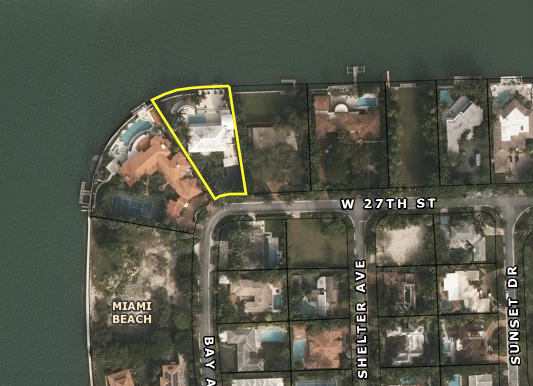Petróleos de Venezuela, or PDVSA as it is commonly referred to, is an oil conglomerate fully owned by the Venezuelan State. Despite much propaganda to the contrary, it was created in 1976, by then President Carlos Andres Pérez, as part of a nationalization policy drive that gave Venezuela full control of exploration, production and commercialization of its natural resources.
In subsequent years, and thanks to visionary strategies implemented by Venezuelan oilmen, PDVSA became a vertically integrated business. The high sulfur, poor quality, oil extracted was shipped -mostly- in Venezuela’s own fleet of tankers to Venezuela-owned, specially-designed refineries across the world, which then turned the thing into gasoline, asphalt, and other more commercial derivatives. It was a success story, one of the world’s very few State-owned, highly profitable, and well managed oil conglomerates. But then, Hugo Chavez happened.
It became imperative for Chavez to wrest control, which he did, by sacking in national television PDVSA’s top management. Further resistance was obliterated, by sacking another 20,000 PDVSA staff, nearly half its workforce at the time.

Gerardo Pantin Shortt, CEO of CPVEN.
PDVSA then became Chavez’s revolution cash cow. Its resources and income have been pilfered ever since by chavismo. Its production and productivity dropped dramatically. Its workforce tripled, by non-oil personnel. Heavily indebted, it had to issue anew calls for international partnerships as its capacity to produce oil diminished over time.
Hemorrhaging capital due to gasoline subsidies and oil gifts to chavismo’s international political allies, PDVSA is a sad shadow of its former self. However, in this context, corruption in procurement to PDVSA has flourished to levels never seen before.
#OpenPDVSA is an attempt to shed some light on just some of the particulars that PDVSA publishes. Having scrapped thousands of procurement contracts and correlated the information with other public databases, I am in the process of establishing connections that would not be straightforward otherwise. The data seems to relate, mostly, to procurement contracts awarded by PDVSA between 2012–2015.

Iker Guarima appears to have gotten largest single contract.
In that three year period, the largest sum awarded in a single contract -some $929 million- appears to have gone to a contractor that does not even exist. It is entirely possible that sums have been misreported, and so further research is required. However, while a comma or a dot may have been misplaced in amounts, names of contractors and their tax numbers are less susceptible to mistakes during transcription.
Thus, procurement contractor Iker Guarima, tax reference number J-293799005, has no company website, no record in Venezuela’s registry of contractors, no online presence of any sort, no track record, and yet it seems to have been awarded by PDVSA, on August 2014, nearly a billion USD for the provision of materials destined for construction of social housing, by yet different contractors of Ministry of Habitat and Housing.
Not one of the sources consulted has any knowledge of Iker Guarima, though the contract raises other issues, such as: why is PDVSA engaged in contracting providers to the Ministry of Habitat and Housing’ projects?

Tony Canaves is a suspect in the assassination of journalist Mauro Marcano.
Then there is the Moschella clan, from Maracaibo (Zulia state), led by Antonio Moschella. Through different companies (INDUSTRIAS MARITIMAS VENEZOLANA DE CONSTRUCCIONES, ZULIA INDUSTRIAL CONSTRUCTIONS, TIERRA ALTA SISTEMAS DE PRODUCCION and EHCOPEK) the group has managed to get $1.16 billion in the three year period. Despite having been favored by many contracts from PDVSA, Antonio Moschella met with U.S. Embassy in Venezuela’s Petroleum Attaché and an energy analyst from Washington to disprove PDVSA’s production figures.
His Moschella group also appears to be associated to one of chavismo’s favorite bankers: Victor Vargas from Banco Occidental de Descuent (BOD). Mr Vargas himself, also has gotten some $614 million worth of contracts in energy related business, through ENVIRONMENTAL SOLUTIONS DE VENEZUELA (ESVENCA), which has gotten many contracts over the years from PDVSA.
For the avoidance of doubt: ESVENCA is owned by Asesoría Petrolera Integral, a holding company according to Venezuela’s Tax Office (SENIAT). ESVENCA’s director Fortunato Lopez was a board member of Vargas’ BOD, as per records of Venezuela’s Supreme Court. Another director of ESVENCA, Daniel Diquez, is a board member of Element Capital, an investment vehicle owned by Francisco D’Agostino, son in law of Victor Vargas. In Element Capital’s website, Diquez is described as “… Vicepresident of Cartera de Inversiones Venezolanas” another holding in turn owned by Vargas.

China National Petroleum Corporation (CNPC) and its drilling arm Bohai also got over 60 contracts, worth in excess of $1bn, as seen in previous tweets. Wang Yong is described in Venezuela’s Register of Contractors as General Manager of Bohai Drilling Service Venezuela. Is that the same oil exec jailed in China for 20 years in relation to a corruption probe at the heart of CNPC?
The workings of another oil magnate came to light: Gerardo Pantin Shortt, whose companies Cementaciones Petroleras Venezolanas (CPVEN) and SEPESA S.A. (fronted by Javier Sanguino) got $1.13 billion through 30 contracts. Mr Pantin was in the news recently, as the owner of a $12.9 million mansion in Sunset Island, and developer behind a $200 million real estate project in Miami. It would appear that laundering corruption money from Venezuela continues apace in Miami, despite announcements from the U.S. Treasury. Mr Pantin has had no trouble securing mortgages worth some $13.8mn from Sabadell United Bank, to grow a property portfolio which includes luxury units in Sunset Islands, Millenium Tower, Sunny Isles Beach and Bellini Islands.

Mr Pantin, and associate Oswaldo Cisneros, purchased Maersk barge operations in Venezuela in September 2014. Mr Cisneros is in turn partner of Derwick Associates’ Francisco D’Agostino in acquisition through debt-purchasing of a stake in Harvest Natural Resources.
The total amount of contracts awarded by PDVSA in the 2012–2015 period exceeds $30 billion. That’s just procurement related to PDVSA non-secret operations. For it has to be remembered that, in some instances, non disclosure on the basis of threats to “national security” has been claimed by PDVSA to refuse to hand over contracts information, like in its infamous agreements with Derwick Associates.


